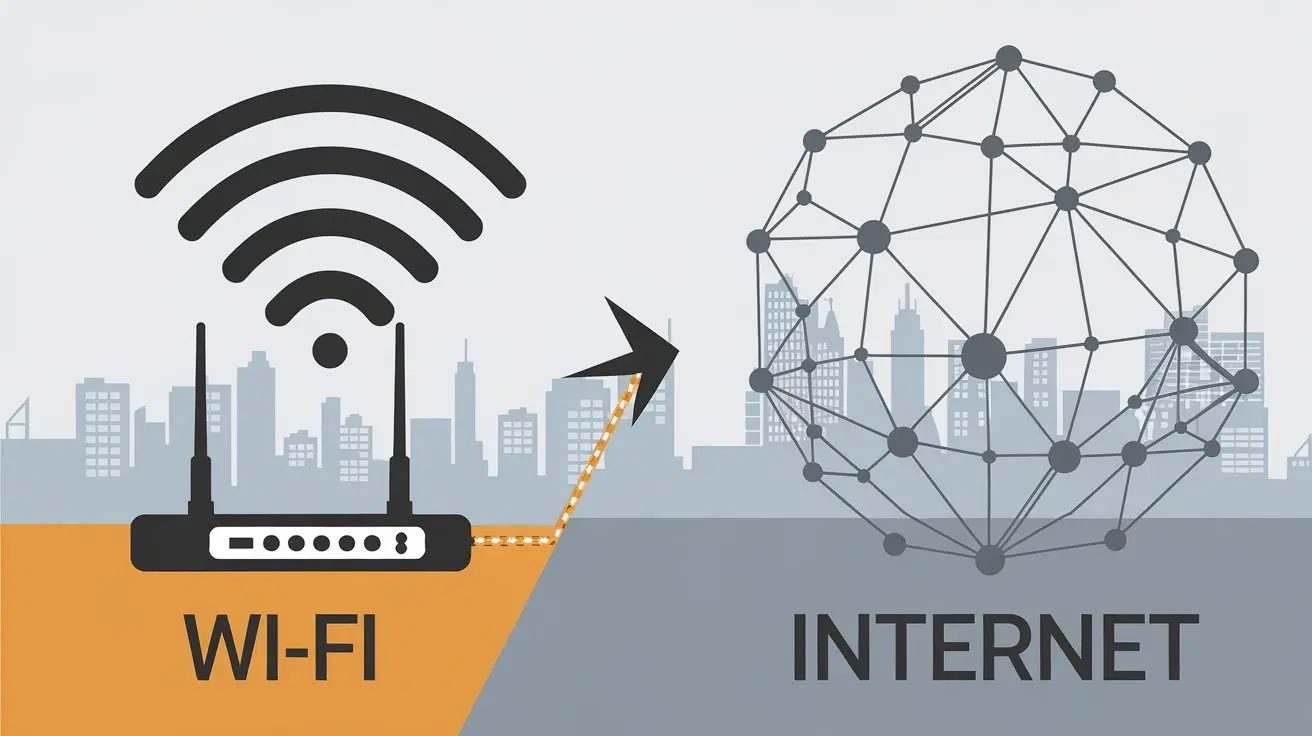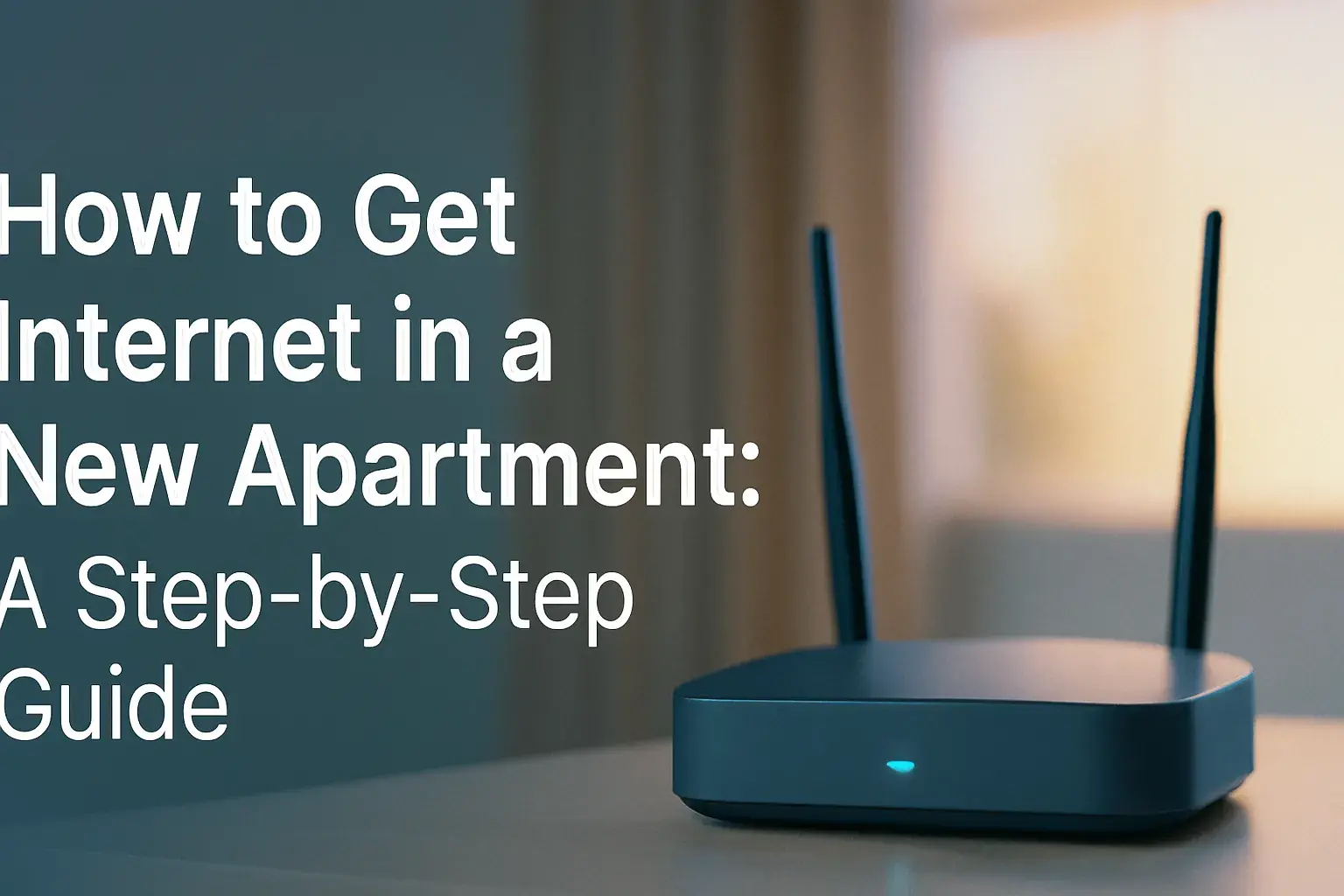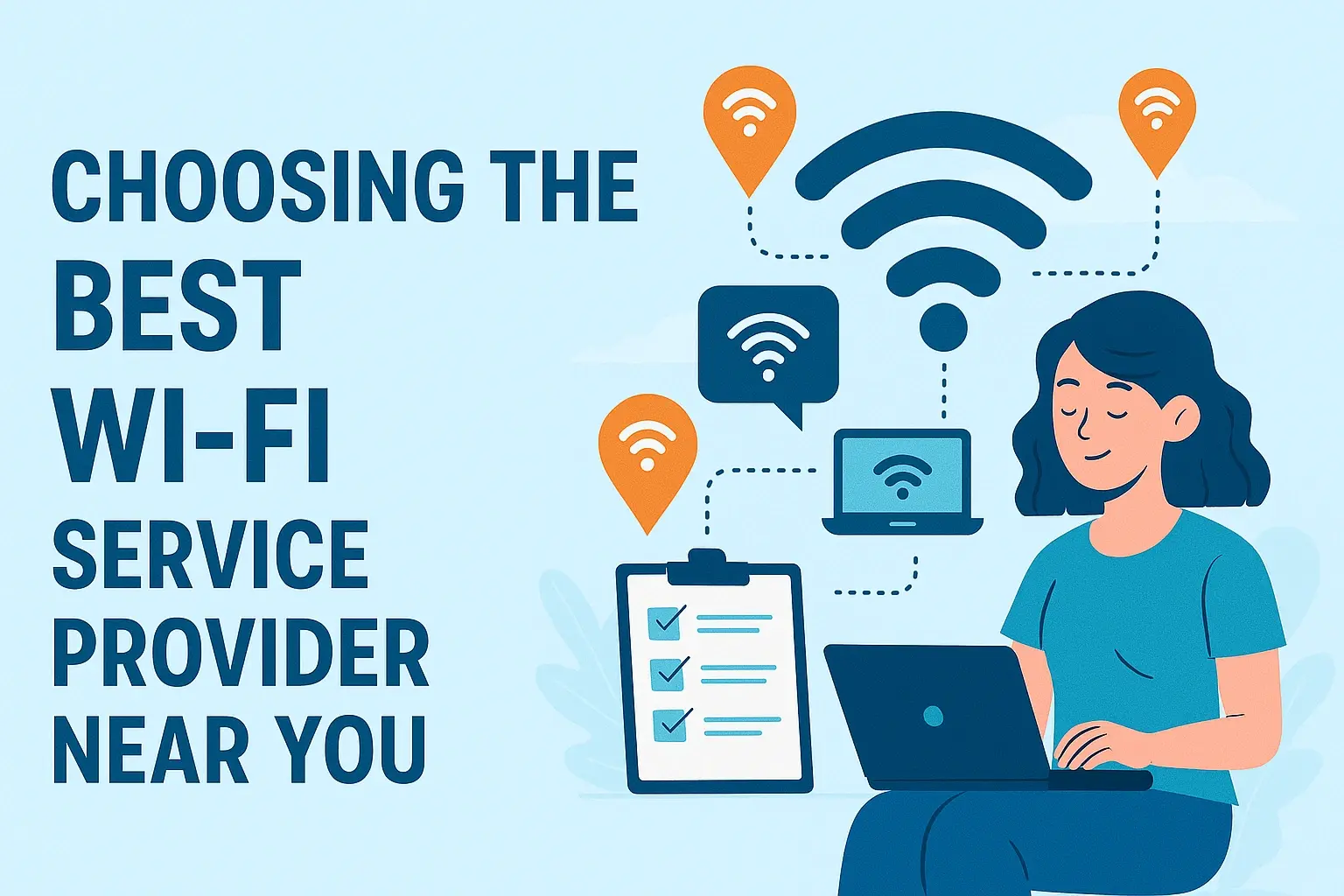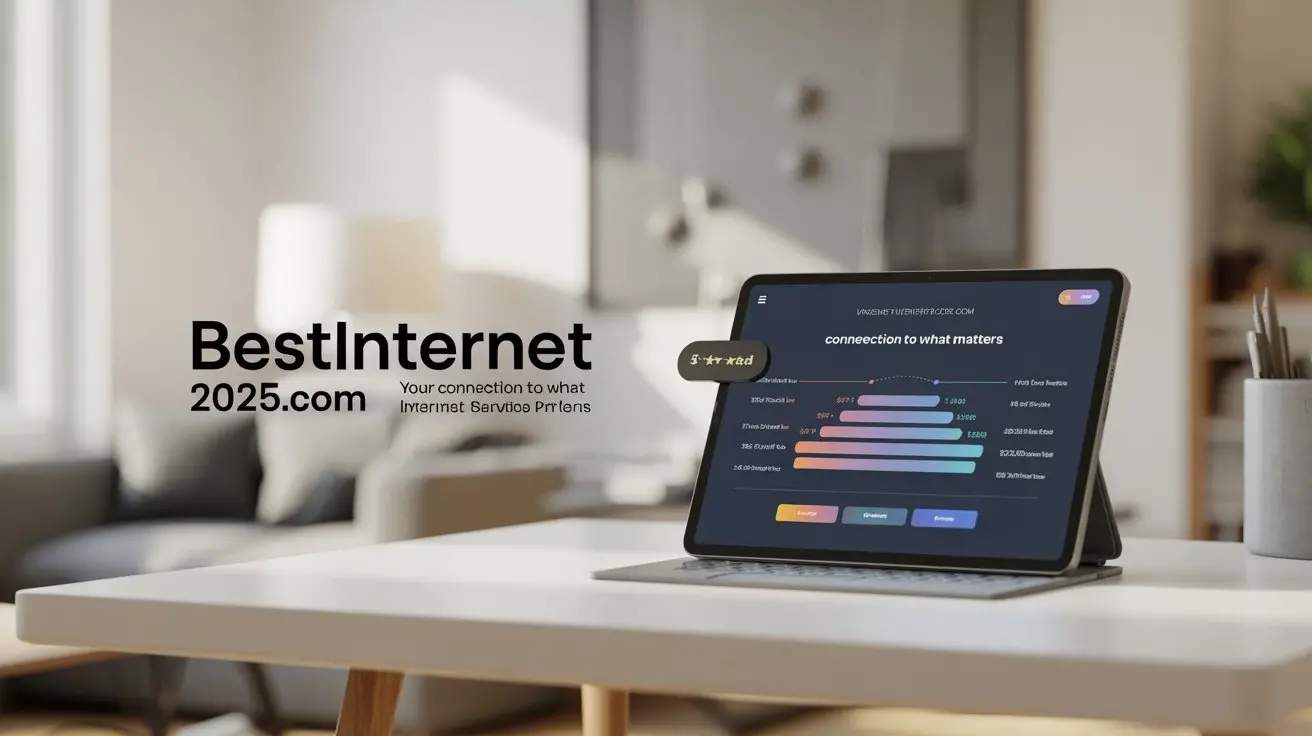Difference Between Wifi And Internet

Difference Between Wifi And Internet
In today’s world, it has become increasingly common for people to use the words WiFi and Internet as synonyms, but they are two different concepts. Unfortunately, WiFi and the Internet are two separate things, and while this component connects you to the Internet, another component will connect you to the world that is online.
1. Definition and Purpose
- Internet: The Internet is a huge World Wide Web made up of computers and servers for interaction using certain protocols. It is an infrastructure that supports information communication around the globe. When you go online, download files, listen to the radio, watch TV, shop online, research information, or check your mail, you are using the Internet.
- WiFi: WiFi, which stands for Wireless Fidelity, is a way that people can get to a website without the use of wires. It is just a means to connect to the Internet using the device without having to rely on an ethernet cable or other cables. With WiFi adapters found in some gadgets like Smartphones, laptops, and tablets, one can be able to connect WiFi and acquire an Internet connection.
2. Connectivity
- Internet: The World Wide Web is a global system connecting computers and servers through the usage of the Internet. It uses communication protocols like TCP/IP and the medium of communication may be either cables or fibers or airwaves.
- WiFi: WiFi on one hand is a wireless technology that allows the internet connection to be made wirelessly. The wireless signal is produced by a device known as a router that is responsible for the coordination of the entire WIFI network.
3. Scope and Range
- Internet: The Internet is a worldwide network linking billions of devices, servers, and data centres located all around the world. It has no locational limitation and cuts across continents, nations and cities.
- WiFi: WiFi has its scope to cover and is largely used in a particular area or building. A WiFi network can serve a house, office or even a small compound if it is within the reach of the routers transmitting power.
4. Hardware and Equipment
- Internet: Internet infrastructure applies different hardware and equipment, such as servers, data centres, routers, switches, and cables. These physical components are used in networking connecting them in a way that promotes data transfer and conviviality.
- WiFi: WiFi uses a router facility coupled with compatible devices having a WiFi card or chip installed onboard. Routers produce a Wi-Fi signal that the devices can, in turn, join and thence connect to the Internet. Mobiles, tabs, laptops etc, have an inbuilt WiFi adapter with which they can connect to a WiFi network.
5. Speed and Performance
- Internet: The rate at which information is transmitted over the Internet depends on the type of connection, speed, available bandwidth and the physical link quality. It can start from the simplest which uses the dial-up method of connecting to the internet to the fastest which uses fibre optics.
- WiFi: WiFi comes in different specifications of the router and the capability of the router, signal strength, and distance it is from the router or other devices using the same network or any other interacting devices. WiFi may be causing a slower connection and may be slower than a cable internet connection. However, there are new forms of WiFi technology such as WiFi 6 that support higher speed and low latency.
6. Security and Privacy
- Internet: Security and privacy are very important because data moves through an Interconnected network around the world. The virtual environment is always full of negative actors and threats. As for the security of data and privacy, the latter needs to enhance protection by using firewalls, antivirus programs, and VPNs.
- WiFi: Wireless networks also possess security threats that range from unauthorized access, wiretapping or hacking of the network. To prevent the WI-FI network from being hacked, users should ensure they have encryption such as WPA2 or WPA3, set a strong password and ensure the firewall protection is on.
7. Devices and Compatibility
- Internet: The Internet is not specific to a certain type of device, that is, it can be controlled through many devices such as personal computers, smartphones, tab, smart home devices, etc. They are so designed that as long as the device is connected to the Internet, it can get on the Internet and start going through Web sites and using the services.
- WiFi: WiFi can only be used in devices with integrated wireless connectivity or with a dongle or other external adapters. Not every device may support the same WiFi standards so compatibility is always an important consideration when configuring WiFi.
Conclusion
In conclusion, WiFi and the Internet are important in linking devices to the World Wide Web although they are not alike. Internet is a worldwide system of interconnected computer networks to support communication of information and WiFi is a wireless technology that facilitates connectivity of devices to the Internet within a range. Knowledge of these differences ought to assist one in making the proper judgement in the selection of a method that may be used to connect to the WORLD WEB and protect data and privacy.





